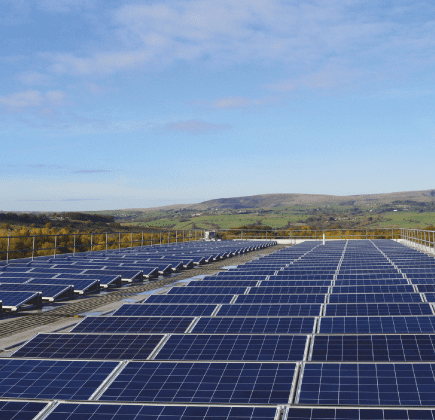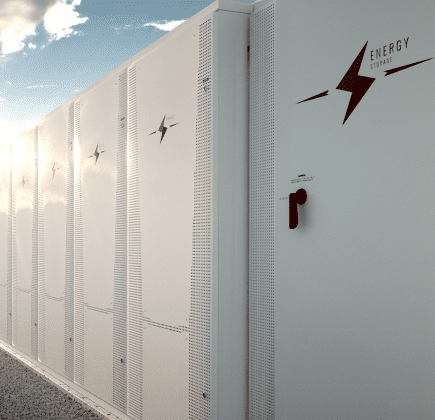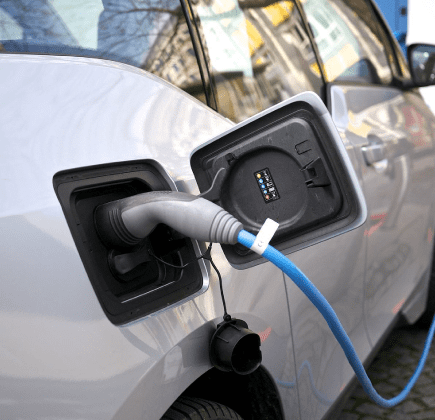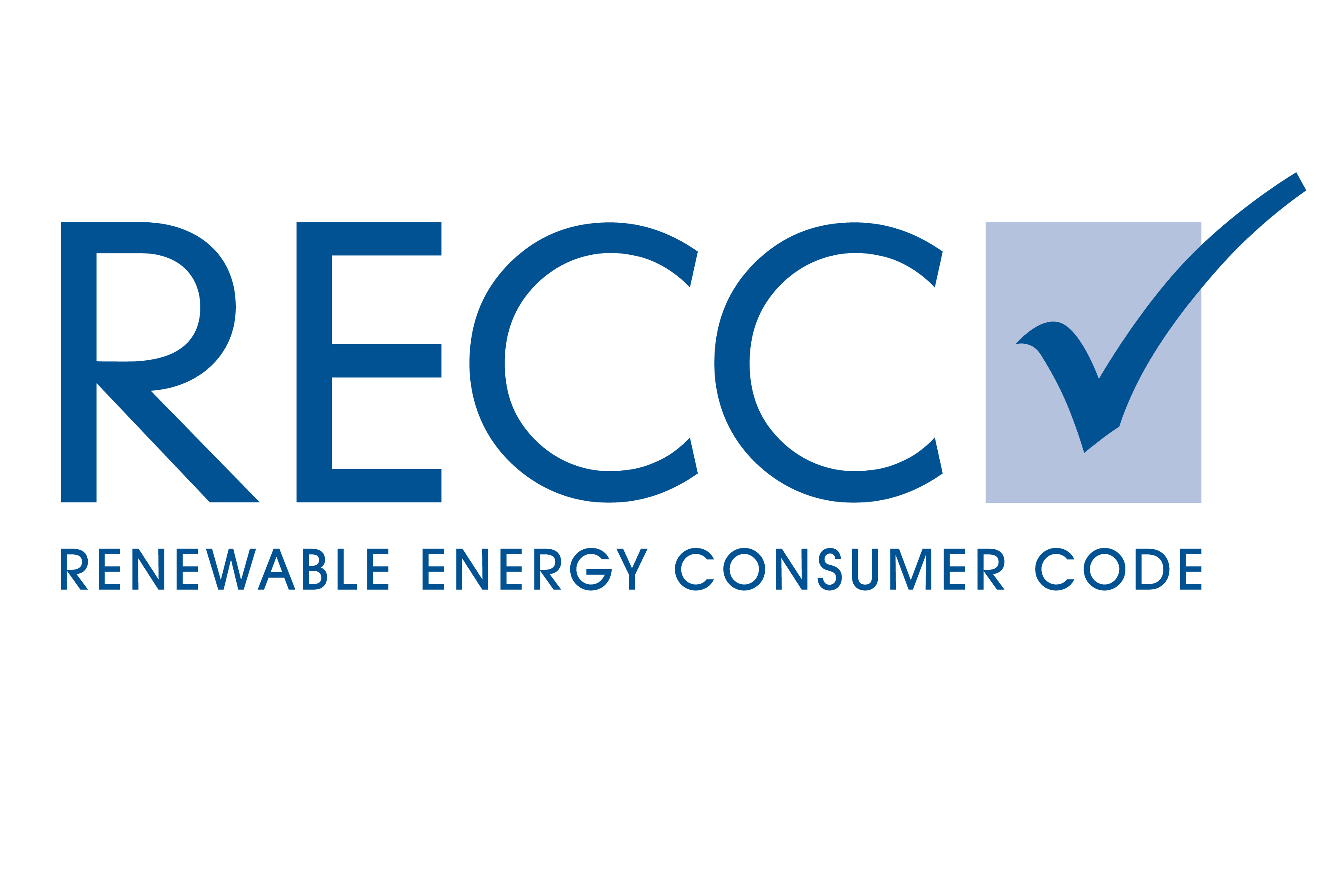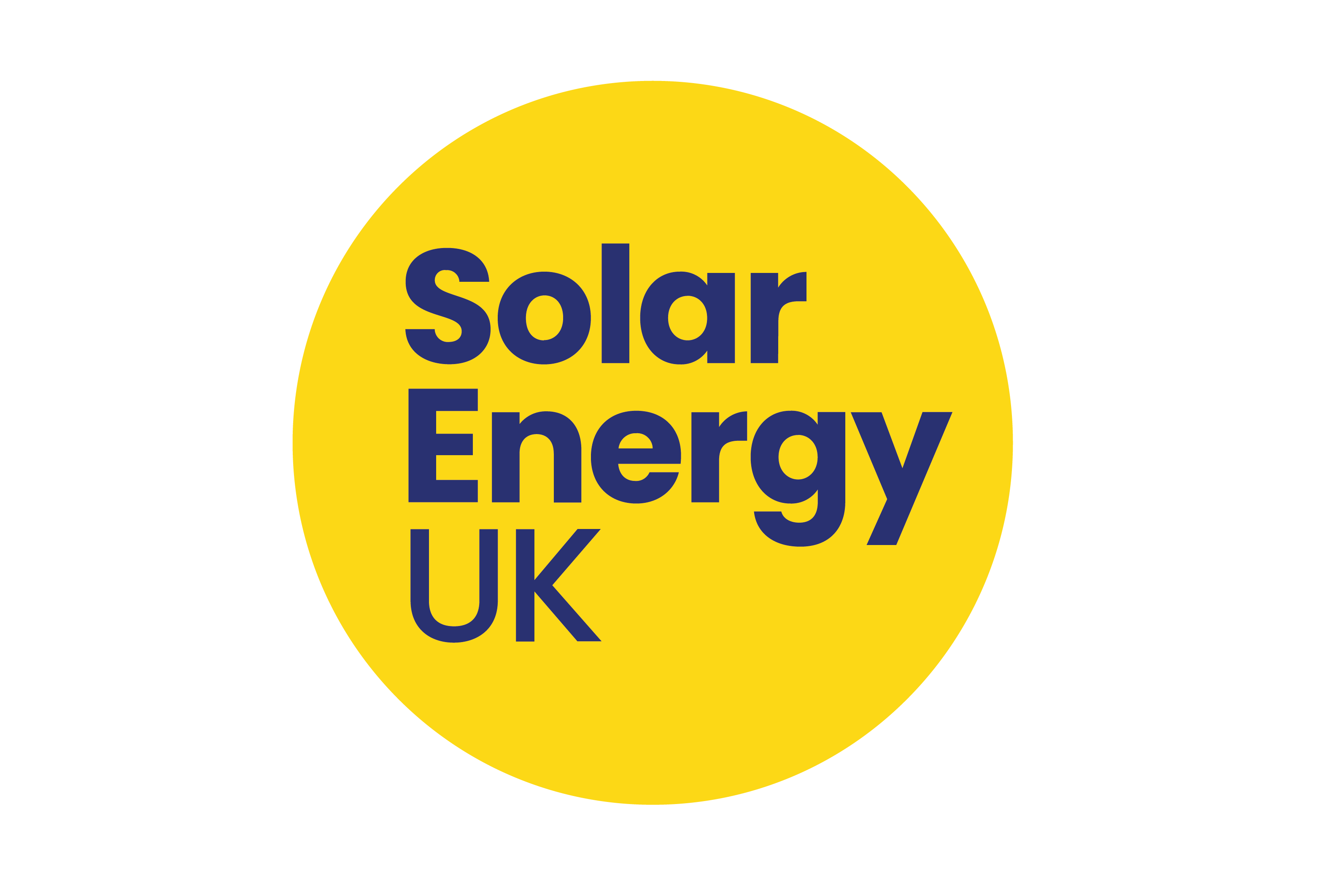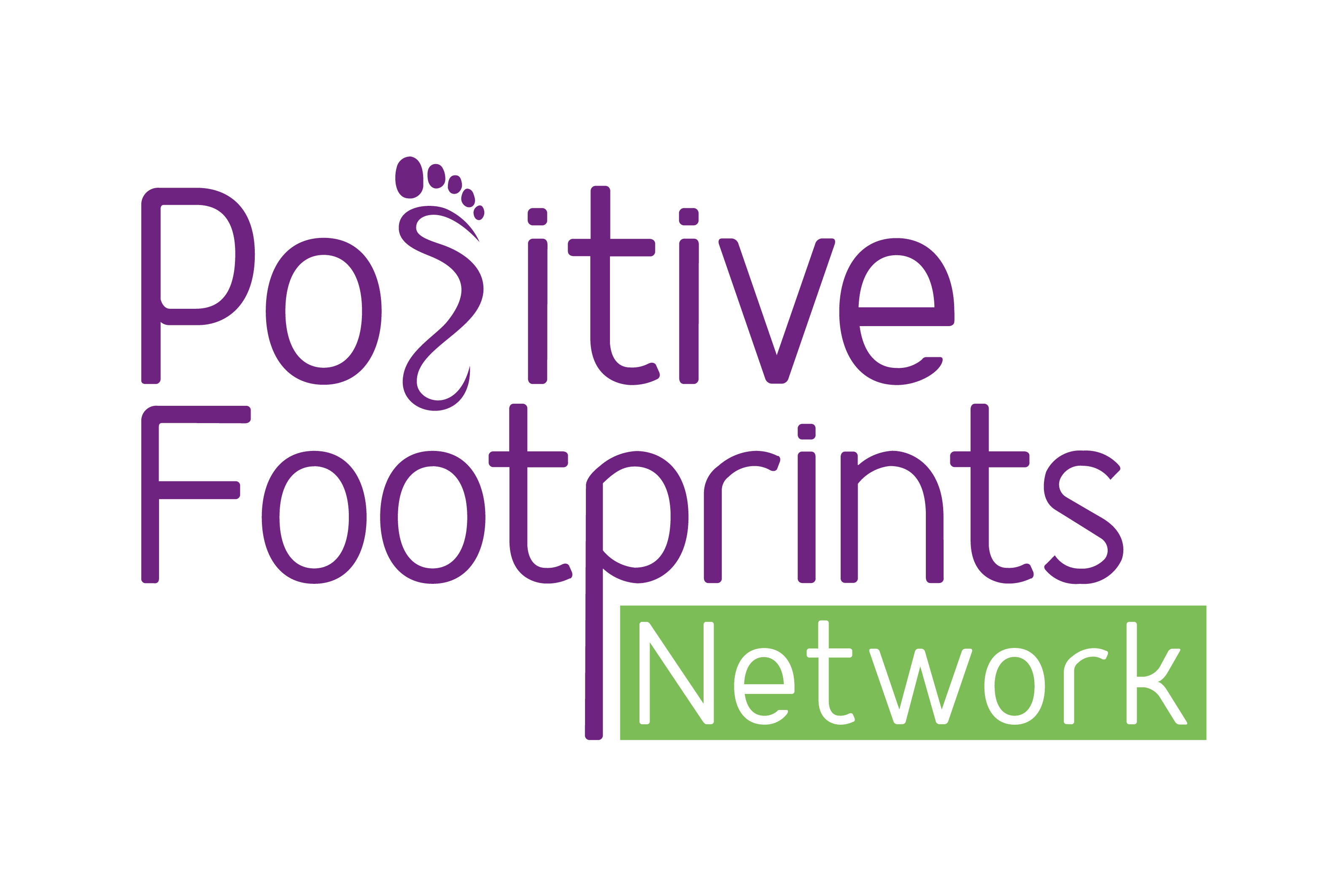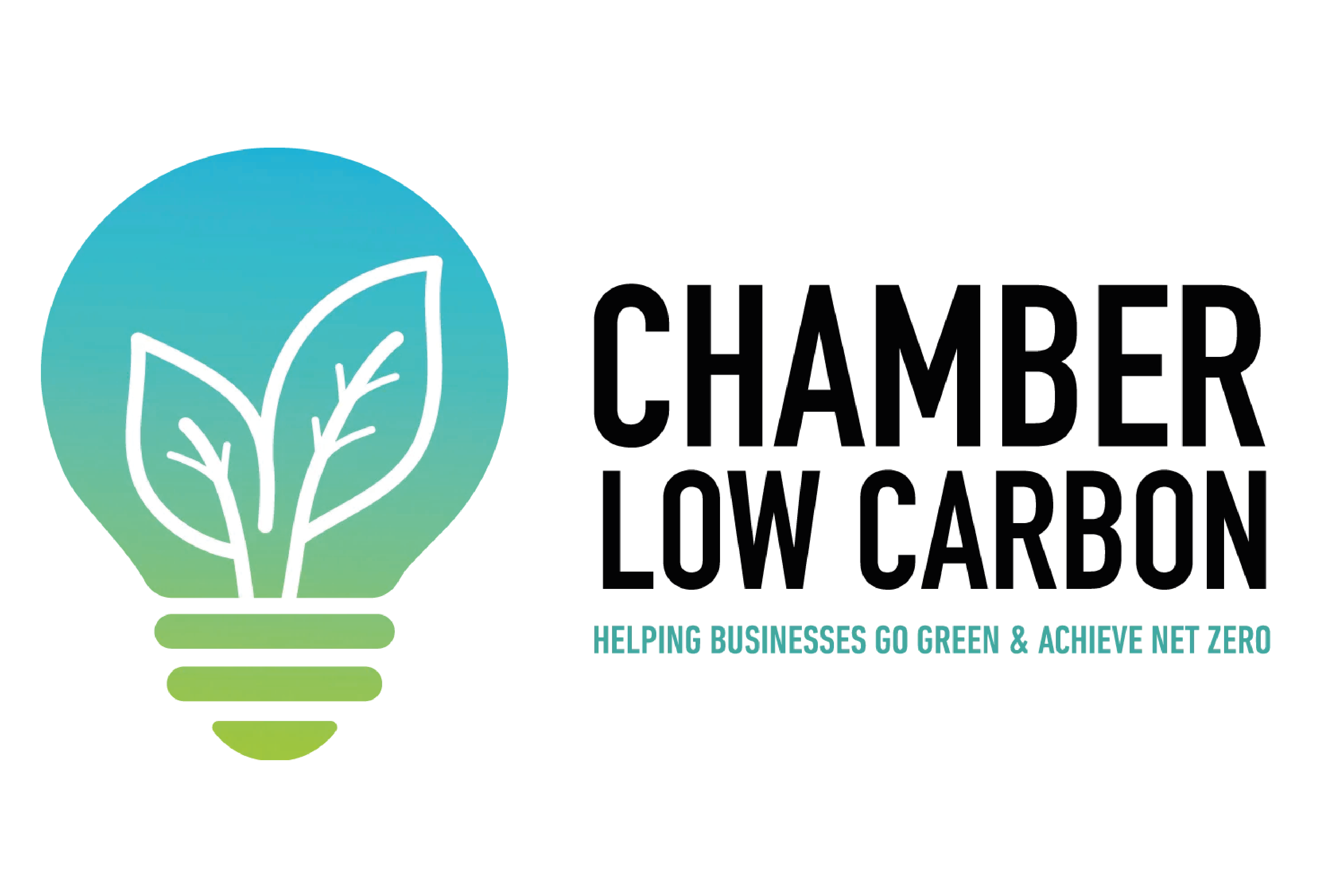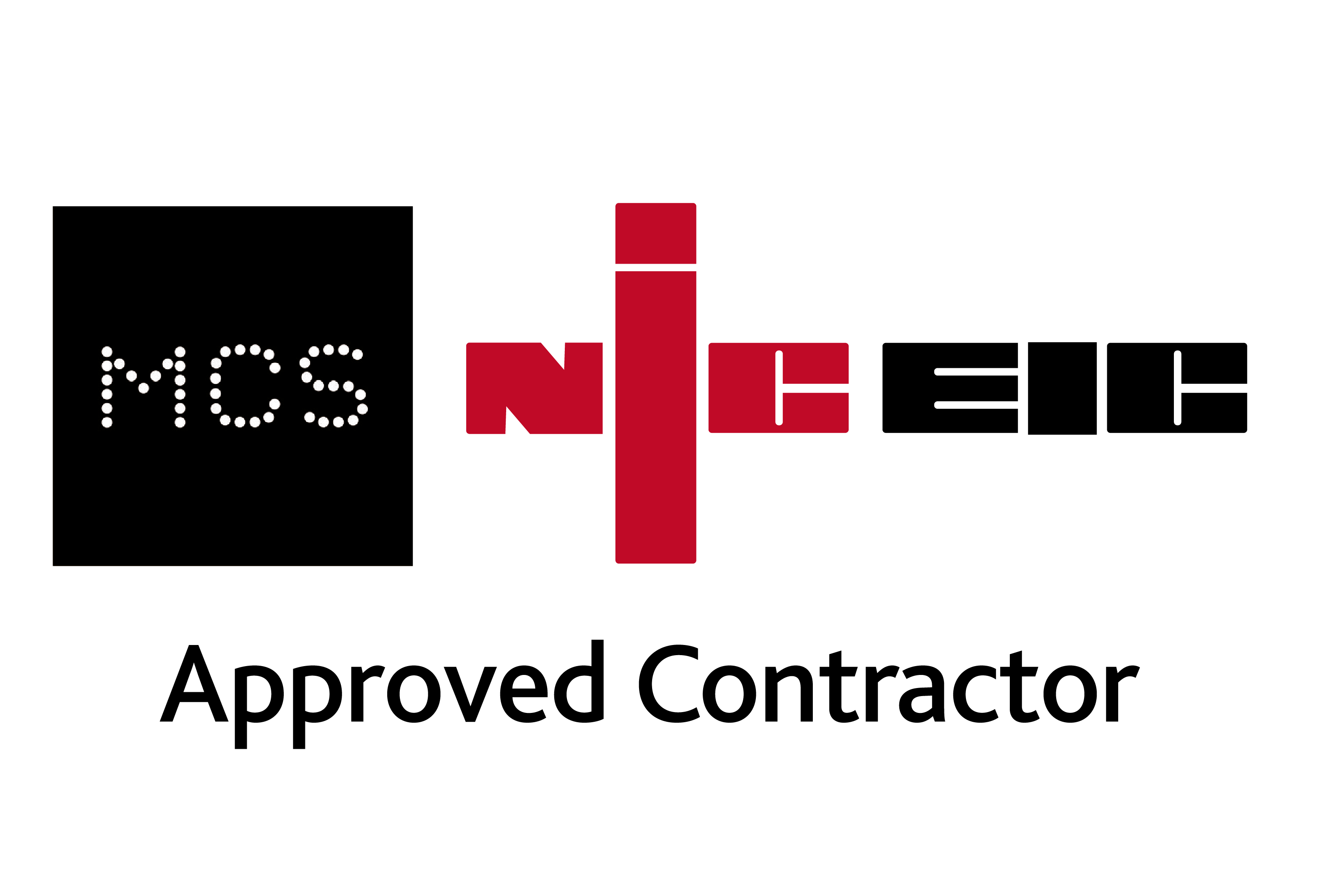
Why it’s important to aim high when setting sustainability goals
Setting the right sustainability goals can sometimes be a harder task than it sounds. “Reduce our carbon emissions”, for example, sounds like a perfectly serviceable goal on paper, but in practice, it’s more of an overarching mission than a specific goal. Specific goals need to be measurable and achievable: and strike that careful balance between being ambitious and being realistic. (For example, you set yourself the goal of generating a certain amount of your business’s energy output through renewable energy – which is where our commercial solar panels can come in handy.)
Equally though, when you’re striking that balance it’s always a good idea to tilt the scales slightly towards the ‘ambitious’ side, and make sure to aim high with your sustainability goals. Here’s why!
You might surprise yourself
If the renewables sector has one consistent defining quality, it’s that it’s always rapidly evolving. Even in the last few years alone we’ve seen a massive shift in market conditions, government policies, and emerging technologies – all of which means that what might have once seemed like really ambitious climate goals are now easier to hit than you might think.
There’s also the human factor to consider; namely the shift in public attitudes towards climate action, which now often makes it easier to get buy-in from employees, as well as support and recognition from potential partners, investors and customers due to ESG.
And of course, while it’s always highly motivating to successfully achieve a small goal, it’s an even bigger rush to effectively a chieve a larger one. That feeling of success can then serve as an excellent motivation to continuing onto new goals.
A big (but achievable) goal can help encourage forward progress
An ambitious sustainability goal can still be motivating even if it’s not achieved too quickly: if (for example) market forces don’t intervene. That’s largely because it can give your team something to constantly strive for. It’s a marked difference to what often happens if climate goals are set too small-scale – if they’re achieved too quickly, the effort involved can feel trivial, and they can end up feeling more like a box-ticking exercise.
Setting large-scale goals, on the other hand, signals to your staff that you’re serious about effecting real change at your company, helping to drive a consistent sense of positive forward progress, helping the entire team all work towards the same established goals.
As an extra bonus, setting large goals can often lead to the identification of additional opportunities along the way. You might end up solving several smaller goals while working towards the bigger ones – and even if the smaller ones weren’t in your original plan, that can again work wonders for helping to provide further motivation.
It improves public perception with CSR and ESG
We’ve touched on this a few times above already, but thought it was worth expanding a little further! Consumers, investors and potential business partners are all increasingly drawn towards companies that can demonstrate clear ethical commitments to their staff members, local communities, and wider environment. (That’s one of the reasons that ESG has become such a prominent metric in gauging a company’s commitment to its goals.)
And by the same token, today’s public is increasingly wary of greenwashing; when companies essentially pretend to be more environmentally conscious than they actually are. There are a number of ways consumers often spot this: companies might point to green schemes or achievements that might be older than they might first appear, or be more tenuously related than they seem. The public is also on the lookout for vague or ambiguous language in a company’s sustainability goals – the “reduce carbon footprint” goal we mentioned above is a pretty good example of this.
Today, the public rightly expects facts, figures, and numbers. They also expect a company’s sustainability goals to be proportional to its size – people will have bigger expectations from a national supermarket, for example, than they might for a small local café. So if you’ve got a particularly ambitious (but realistic) goal that you can show you’re making positive, measurable progress towards achieving, then that can give you a valuable edge over competitors.
Commercial solar panels are an excellent example of that kind of clear demonstration of commitment to climate goals – and that’s exactly where we can help here at Low Carbon Energy. Our experts at Low Carbon Energy have over 60 years of combined experience in commercial solar, having helped SMEs and large corporations across a wide variety of sectors transform their business’ energy supply.
Each of our installations is bespoke, tailoring your solution on your specific energy profile, helping us to maximise carbon reductions and saving you thousands in energy bills. Feel free to look at our case studies for just a few examples of businesses which have reaped huge rewards from solar, such as Boeing and Irish Water. To find out how we can help you, feel free to give us a call today on 01282 421 489!
 Energy Technology
Energy Technology

Powering your present. Preserving your future.
Call us on 01282 421 489

strategy be a priority?

